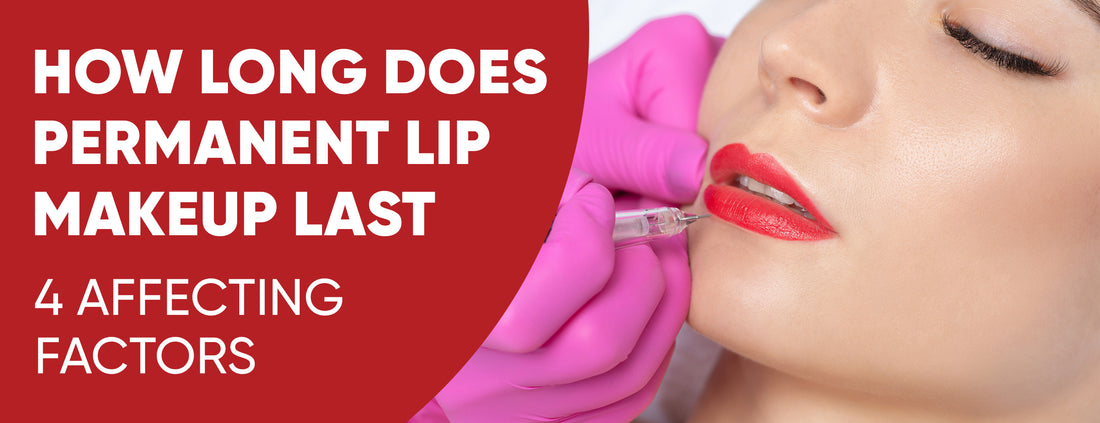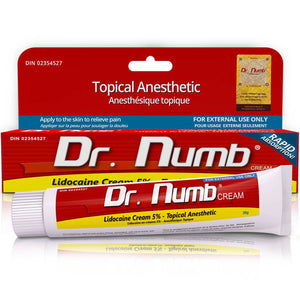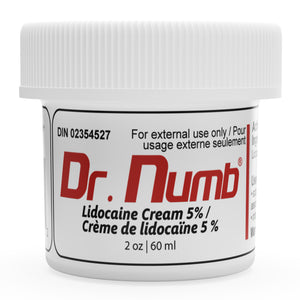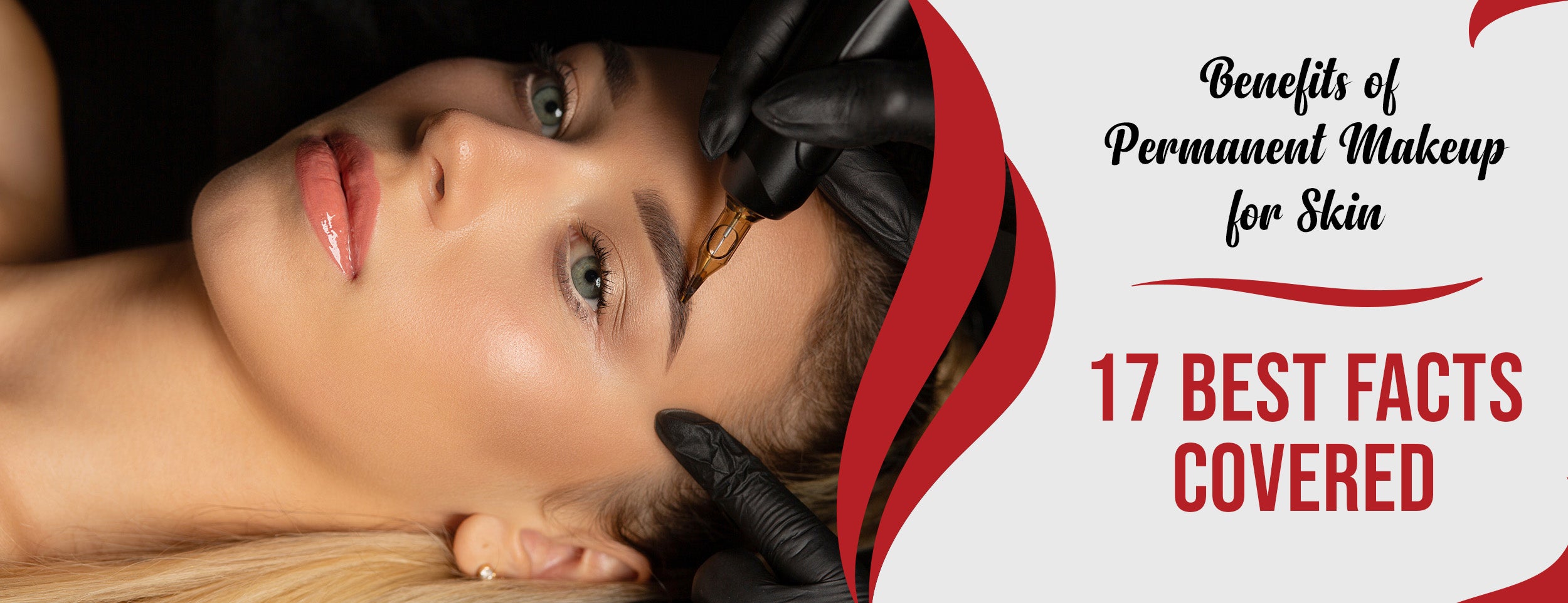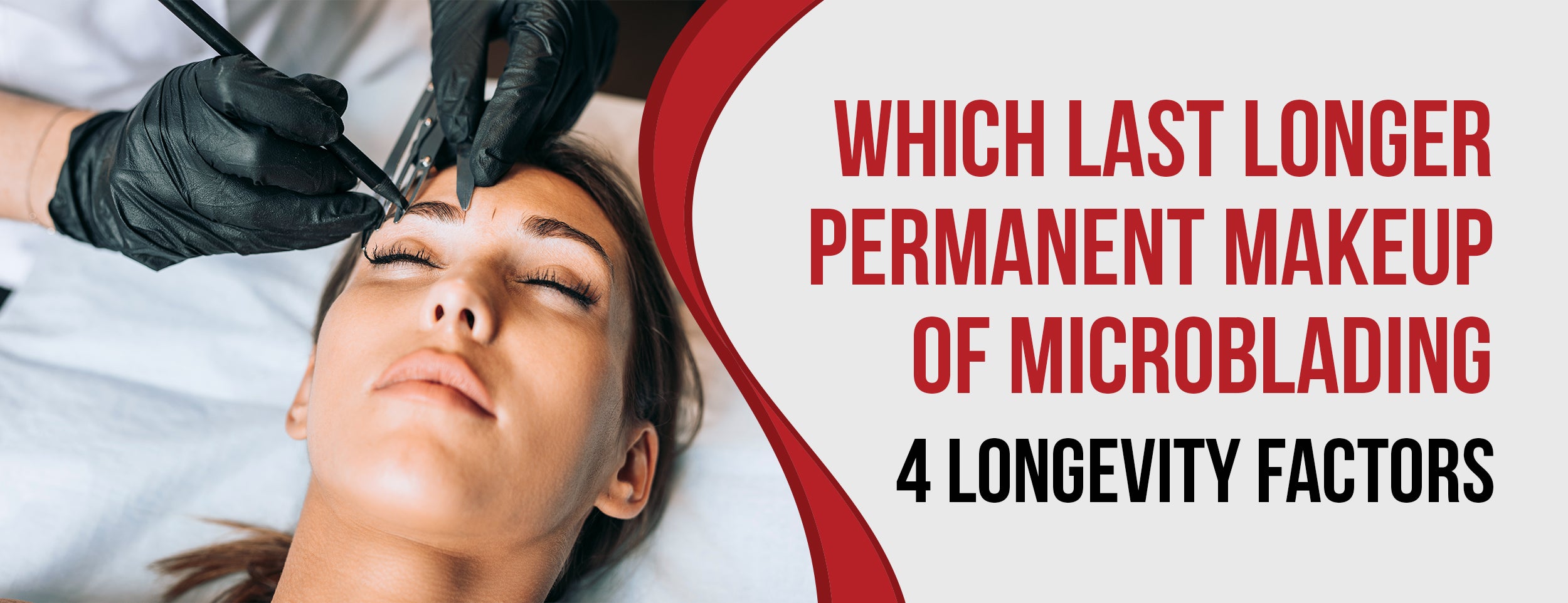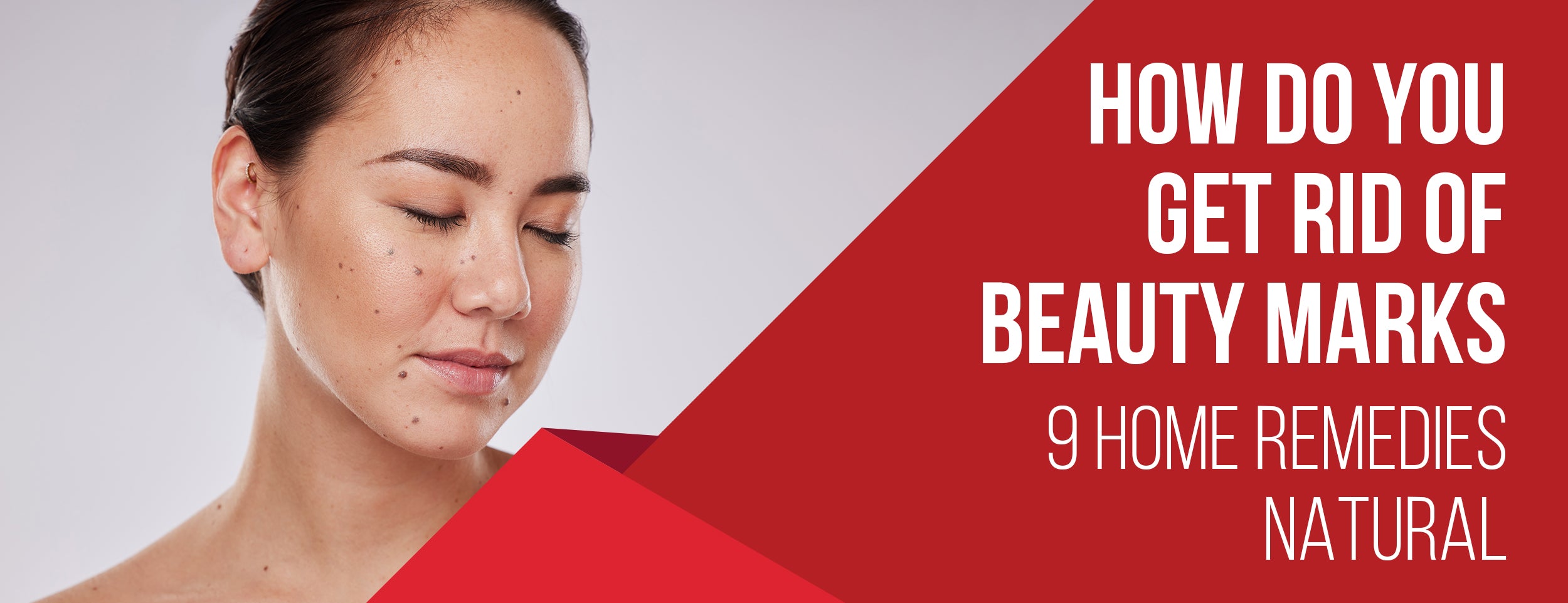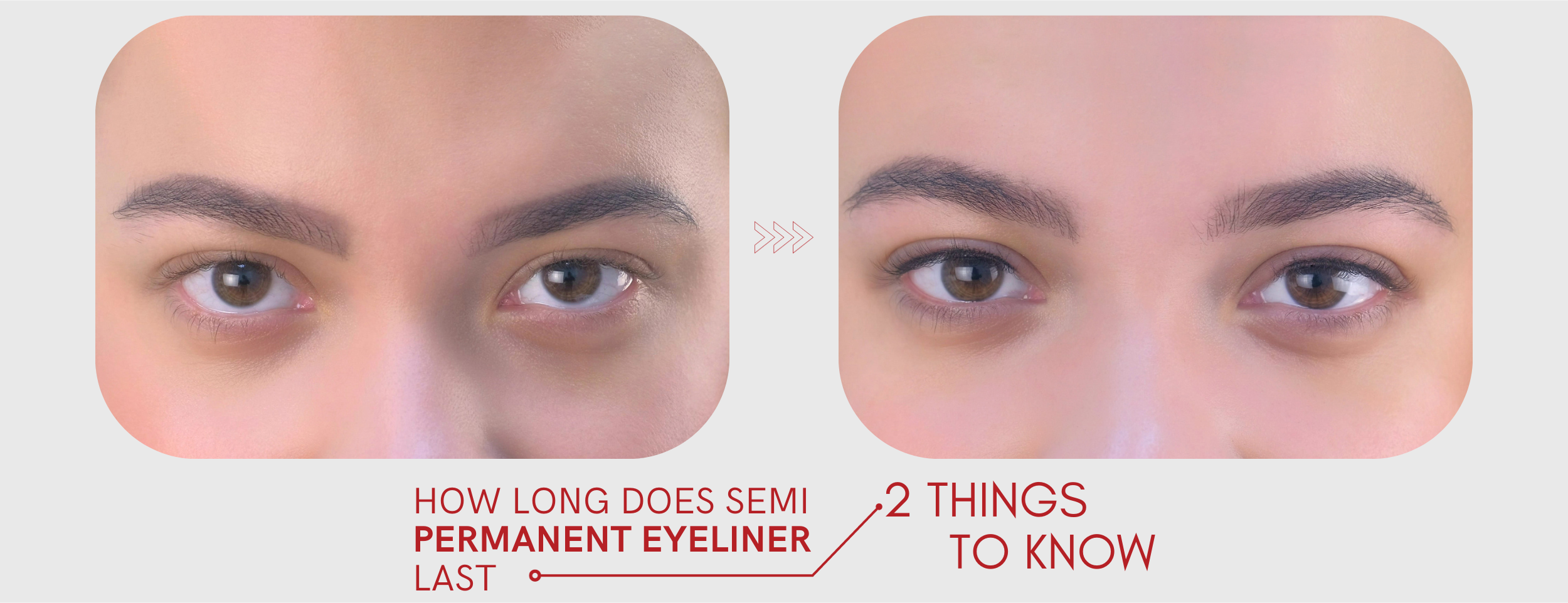Permanent lip blush is a popular cosmetic procedure that gives your lips a long-lasting rosy hue. With proper care, the color can last up to 2 years, keeping your lips beautiful for years to come.
Various factors can affect how long your permanent lip makeup lasts. The duration of permanent lip makeup can vary depending on these factors. Permanent lip makeup is a game-changer for anyone who wants smooth, full lips at any given moment. No one wants to invest time and money in a beauty routine that doesn't endure.
In this blog post, we'll explore the factors that impact the longevity of permanent lip makeup, average duration, tips for maintaining it, and potential risks and side effects.
How Long Does Permanent Lip Makeup Last: Average Duration

When considering the longevity of your beauty investments, it's essential to understand how long permanent lip makeup can last. This subheader delves into the average duration of this cosmetic enhancement, comparing it with other semi-permanent treatments for your convenience.
Range of Duration
To fully comprehend the lifespan of permanent lip makeup, it's vital to recognize that several factors come into play, determining its longevity. Here's a breakdown of the range of durations you can expect:
- Typical Duration: Permanent lip makeup, also known as lip tattooing or micro-pigmentation, often lasts 2 to 5 years. This range can vary depending on skin type, aftercare, and the technician's expertise.
- Skin Type Variation: Individuals with oilier skin may find their lip tattoos fade faster, lasting closer to 2 years. Pigment may last up to 5 years on drier skin.
Permanent Lip Makeup Longevity: Factors Affecting
For longer-lasting permanent lip makeup, consider key factors that impact color retention and definition. Understanding these factors is crucial for informed decisions about this cosmetic enhancement. Let's explore them clearly and straightforwardly.
Type of Pigment
The choice of pigment used in your lip tattoo plays a significant role in determining its longevity. Here are some important considerations:
- Quality Matters: High-quality pigments last longer and maintain color vibrancy over time.
- Organic vs. Inorganic: Organic pigments are known for their natural look but may fade faster than inorganic pigments, which can offer longer-lasting results.
- Color Selection: Lighter shades may fade more quickly than darker ones, so the color you choose can impact the lifespan of your lip tattoo.

Depth of the Pigment
The depth at which the pigment is implanted into your lips is another crucial factor affecting longevity:
- Shallow vs. Deep: Pigment placed too shallowly may only last for a short time while going too deep can lead to a more extended duration but may require touch-ups to maintain the desired look.
Skill of the Artist
The expertise of the technician performing the procedure is paramount in achieving lasting results:
- Experienced Professionals: Highly skilled artists with a proven track record are likelier to provide you with a lip tattoo that stands the test of time.
- Technique: Different artists may use varying techniques, and the right one can make a significant difference in the longevity of your lip makeup.
Skin Type
Your skin type can also determine the duration of your permanent lip makeup:
- Oily vs. Dry Skin: Individuals with oily skin may find that their lip tattoos fade more quickly, typically lasting closer to the two-year mark. Conversely, those with drier skin may enjoy the pigment's vibrancy for up to five years.
- Aftercare: Proper aftercare, including avoiding excessive sun exposure and maintaining lip health, can significantly impact the duration of your lip tattoo. Following the technician's post-procedure instructions is crucial.
Permanent Lip Makeup: Tips for Maintaining

Once you've invested in the beauty and convenience of permanent lip makeup, knowing how to care for it properly is essential to ensure it lasts as long as possible. Here are some practical tips for maintaining the longevity of your permanent lip makeup:
Follow Aftercare Instructions
Aftercare instructions are paramount to the success of your permanent makeup procedure. Follow these tips after your procedure to ensure that your lips heal properly and increase the longevity of your pigment:
- Keep the area dry for at least 24 hours after the procedure.
- Avoid applying makeup or touching the area for at least 5 days.
- Do not pick at or scratch the treated area.
- Avoid eating or drinking anything hot or spicy for the first 48 hours.
- Avoid drinking alcohol for the first 24 hours.
Avoid Sun Exposure
Exposure to the sun can significantly affect the color and durability of permanent lip makeup. Sun exposure can cause the pigment to fade and even change color. To prevent this from happening:
- Apply a lip balm or chapstick with SPF when you go outside.
- Wear a hat or lip sun protection when in direct sunlight.

Keep Lips Moisturized
Keeping your lips moisturized is essential for the long-term care of your permanent lip makeup. To keep your lips looking their best, follow these tips:
- Avoid using harsh lip products.
- Apply a moisturizing lip balm regularly.
- Stay hydrated by drinking plenty of water.
Schedule Touch-Up Appointments
Even though permanent makeup lasts longer than traditional makeup, the pigment can still fade over time. You should schedule touch-up appointments every 2-3 years to maintain the color and shape of your permanent lip makeup. Touch-up appointments involve adding pigment to the treated area to keep the paint looking fresh and full.
Permanent Lip Makeup Lasting: Potential Risks and Side Effects
Permanent lip makeup can provide long-lasting beauty benefits, but knowing the procedure's potential risks and side effects is essential. Here, we'll explore some of these concerns straightforwardly:
Allergic Reactions

Allergic reactions can occur when the body recognizes the foreign pigment introduced into the skin as an intruder and initiates an immune response. The severity of the reaction can vary, and it may occur immediately or sometime after the procedure. Some symptoms of an allergic reaction are:
- Swelling of lips or face.
- Itching or hives.
- Difficulty breathing or swallowing.
- Redness and tenderness around the tattooed area.
Poor Healing
Poor healing can be caused by age, skin type, pigment placement depth, or post-treatment care. If the healing process is not adequate, it can affect the outcome of the tattoo and cause complications such as:
- Pigment loss or discoloration.
- Scarring or keloid formation.
- Infection.
- Unevenness in the lip shape or color.

Uneven Color
The color of permanent lip makeup can sometimes appear uneven due to several factors, such as:
- Uneven absorption of the pigment by the skin.
- Different types of pigments are used.
- Sun exposure.
- Poor aftercare can lead to pigment fading or flaking.
Conclusion
The permanent lip makeup procedure can be used by anyone seeking smooth, full lips at any time. It's crucial to consider factors that affect the longevity of your investment, such as pigment type, depth, artist's skill, and skin type.
While you're guaranteed a certain length of wear, following proper aftercare instructions, avoiding sun exposure, keeping your lips moisturized, and scheduling touch-up appointments can help prolong the lifespan of your treatment.
There are some risks and side effects to be aware of, but with careful consideration and research, the benefits can significantly outweigh the cons. With this knowledge, you'll feel more empowered to make an informed decision about your beauty routine and not fall victim to surprises.

